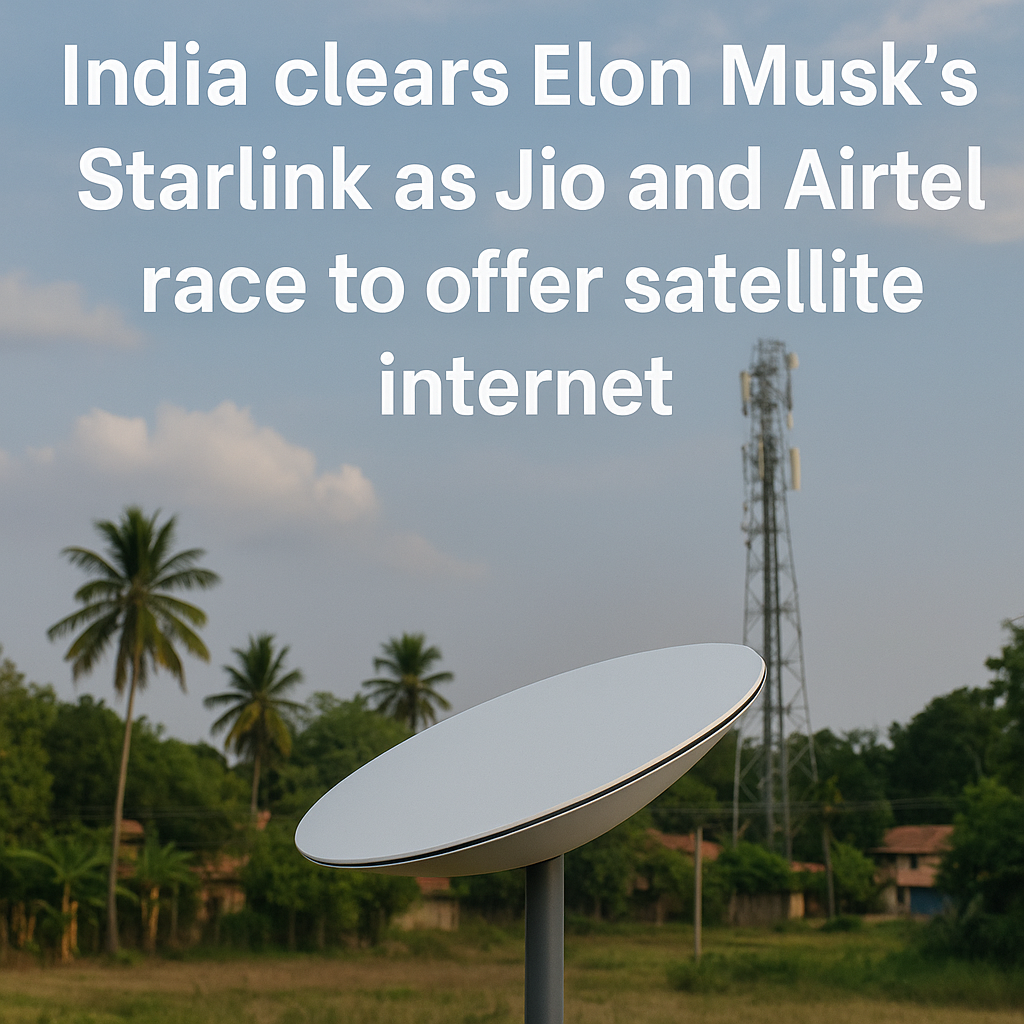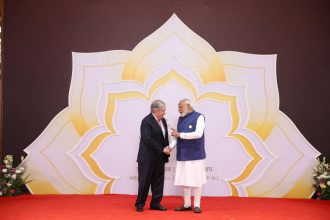In a major leap toward bridging the digital divide, India has officially approved a license for Elon Musk’s Starlink satellite internet service. The move is being hailed as the start of a bold new chapter in connecting remote and underserved parts of the country.
Starlink, part of Musk’s SpaceX venture, uses a constellation of low Earth orbit satellites to beam high-speed internet to even the most isolated areas—something long awaited in a country as vast and diverse as India.
Communications Minister Jyotiraditya Scindia called the licensing decision a step into India’s “next frontier of connectivity.” He also shared that he had a constructive conversation with Gwynne Shotwell, SpaceX’s president and chief operating officer, who expressed excitement over the green light. “She called it a great start to the journey,” Scindia noted in a post on X, the platform owned by Musk.
This development arrives amid rising competition. Telecom giants Jio Platforms, led by Mukesh Ambani, and Bharti Airtel have already struck partnerships with SpaceX to offer Starlink-powered internet. But the road ahead isn’t without its hurdles—debates are already swirling around pricing strategies and how the satellite spectrum should be distributed.
Tensions between Musk and Ambani, two of the most influential names in global tech and telecom, are expected to intensify as each side lobbies for its vision of India’s digital future.
Meanwhile, Elon Musk’s interest in India is expanding. Beyond Starlink and his ownership of X, his electric vehicle company Tesla is preparing for its long-anticipated entry into the Indian market.
With the green light now given, all eyes will be on how Starlink reshapes India’s connectivity landscape—and how quickly it can deliver on the promise of internet access for all.








